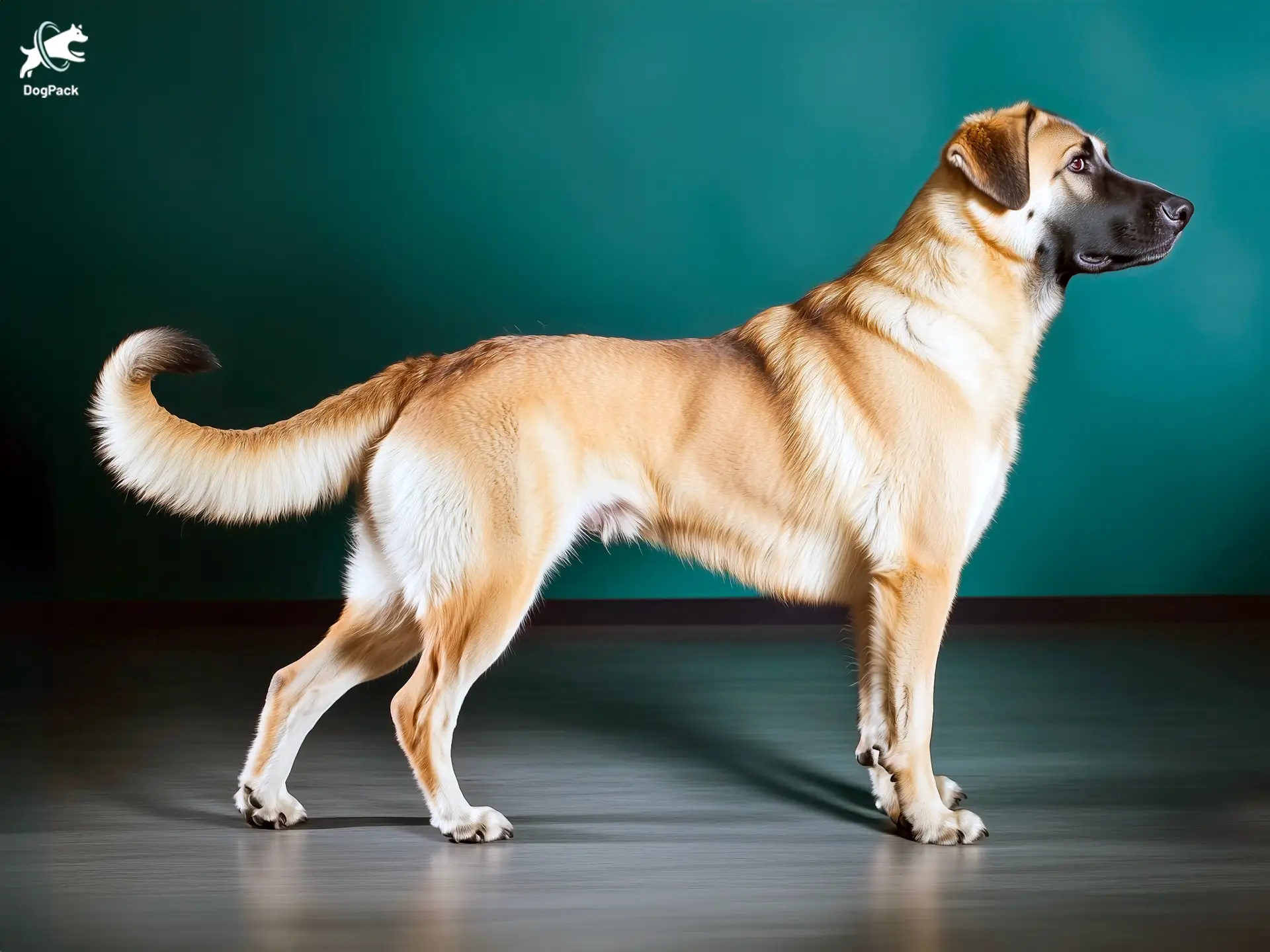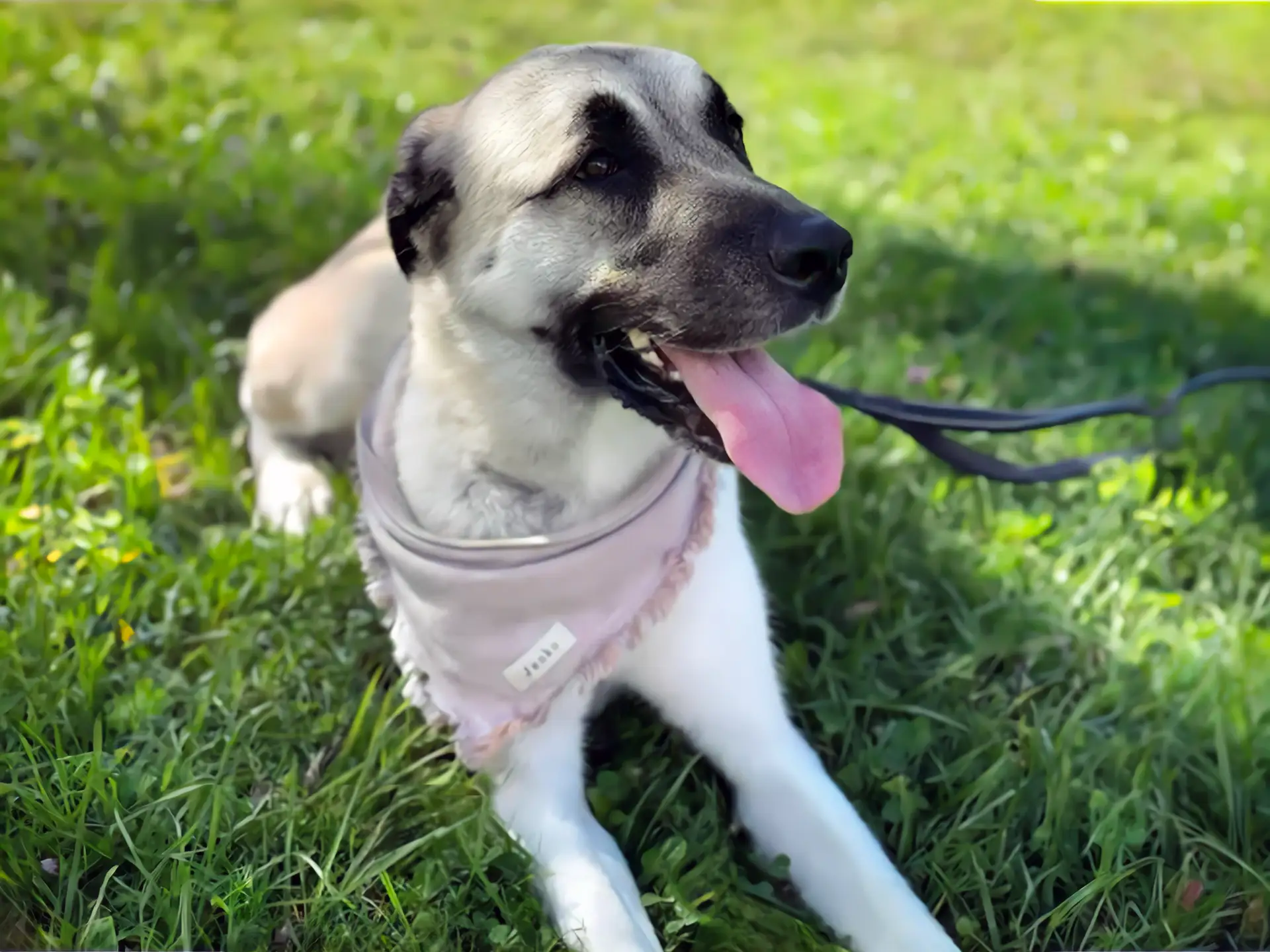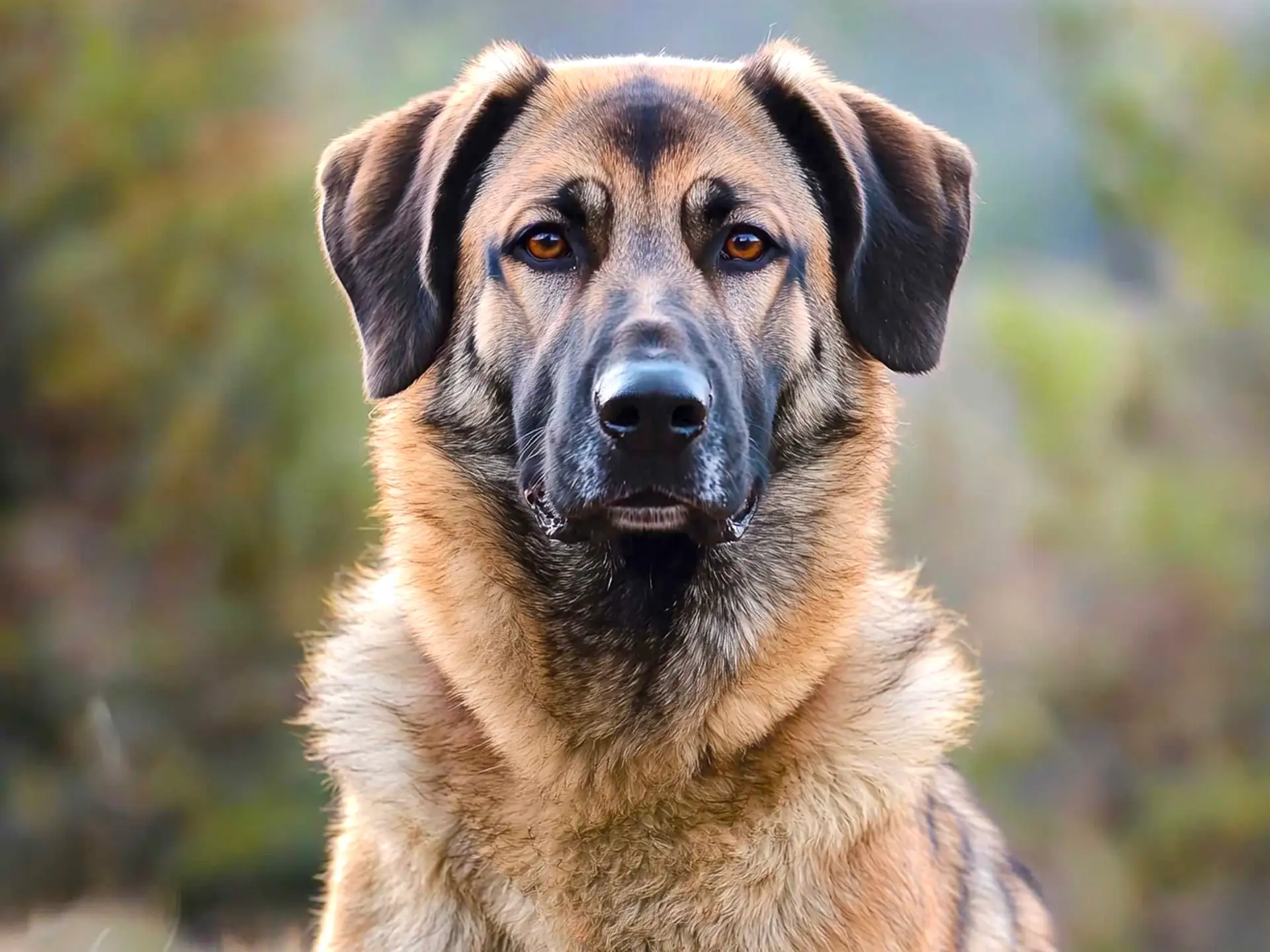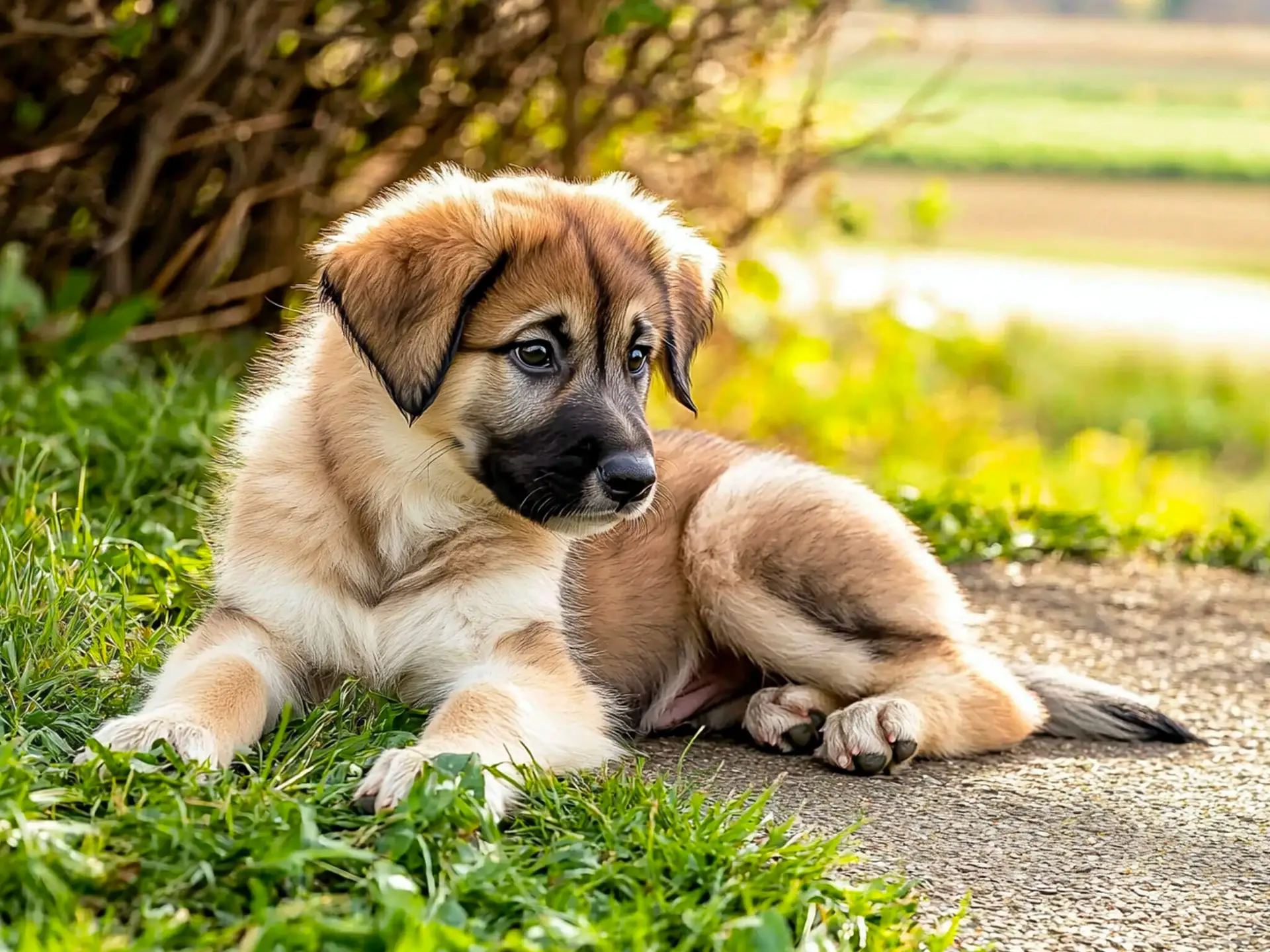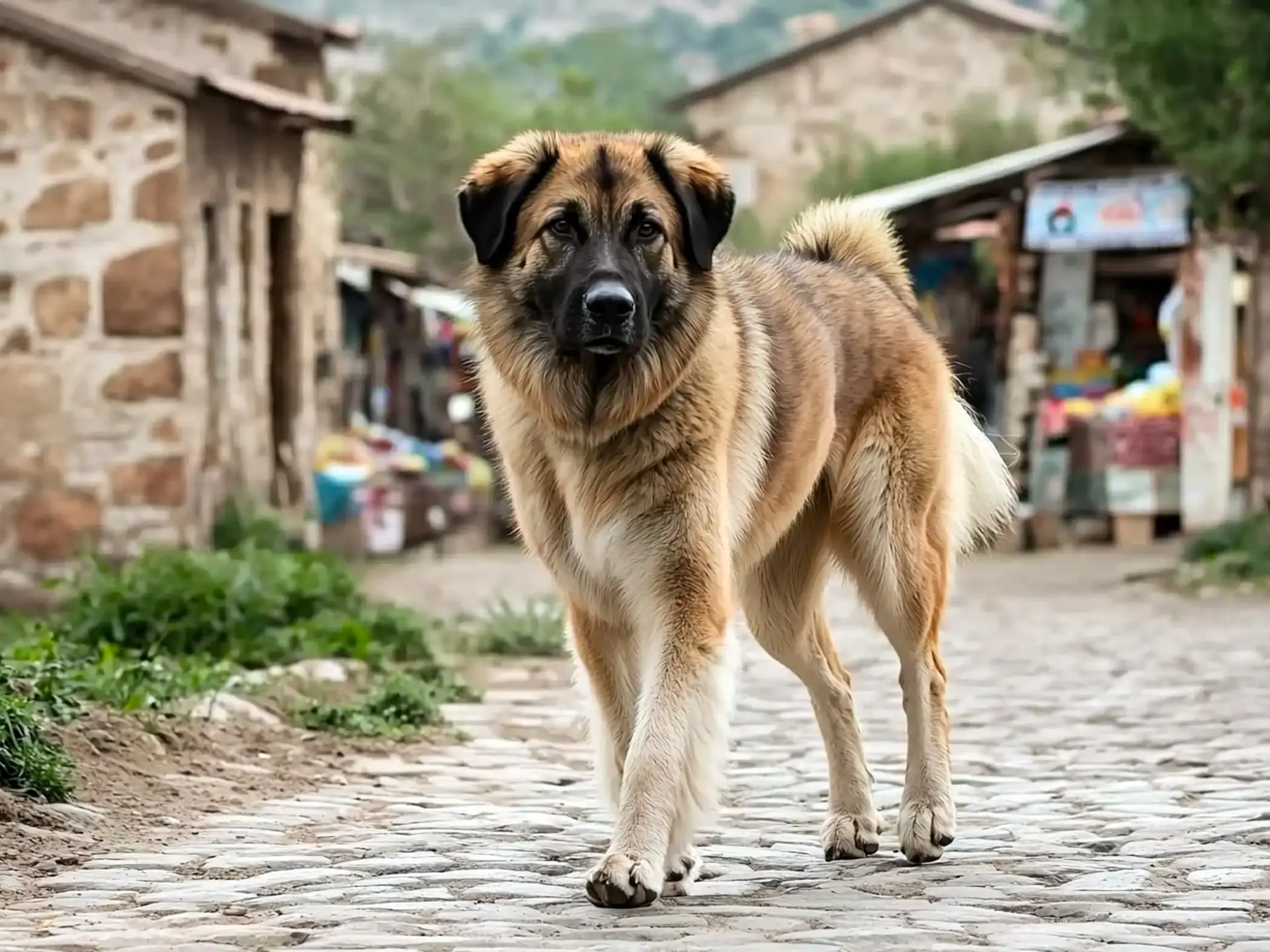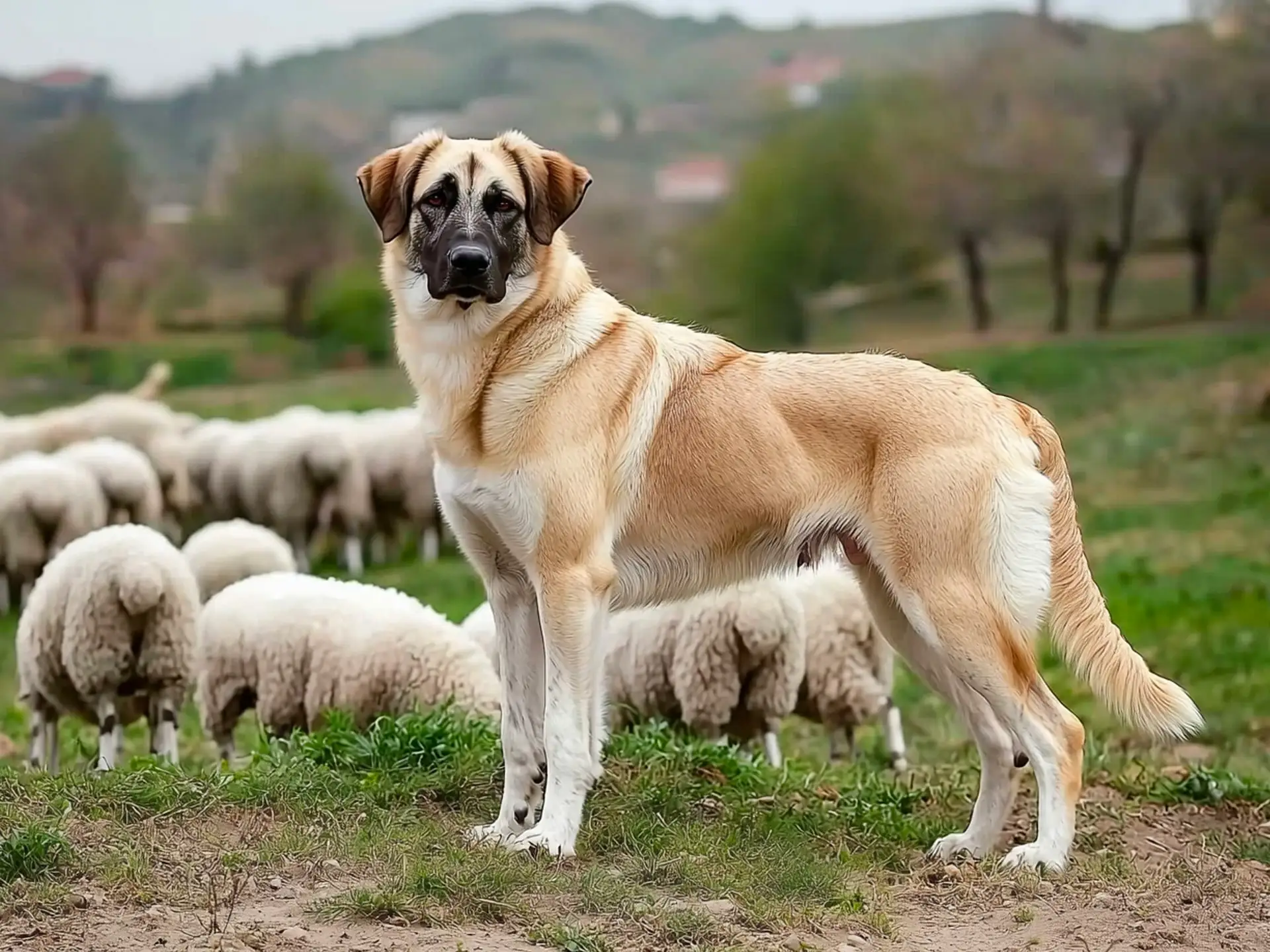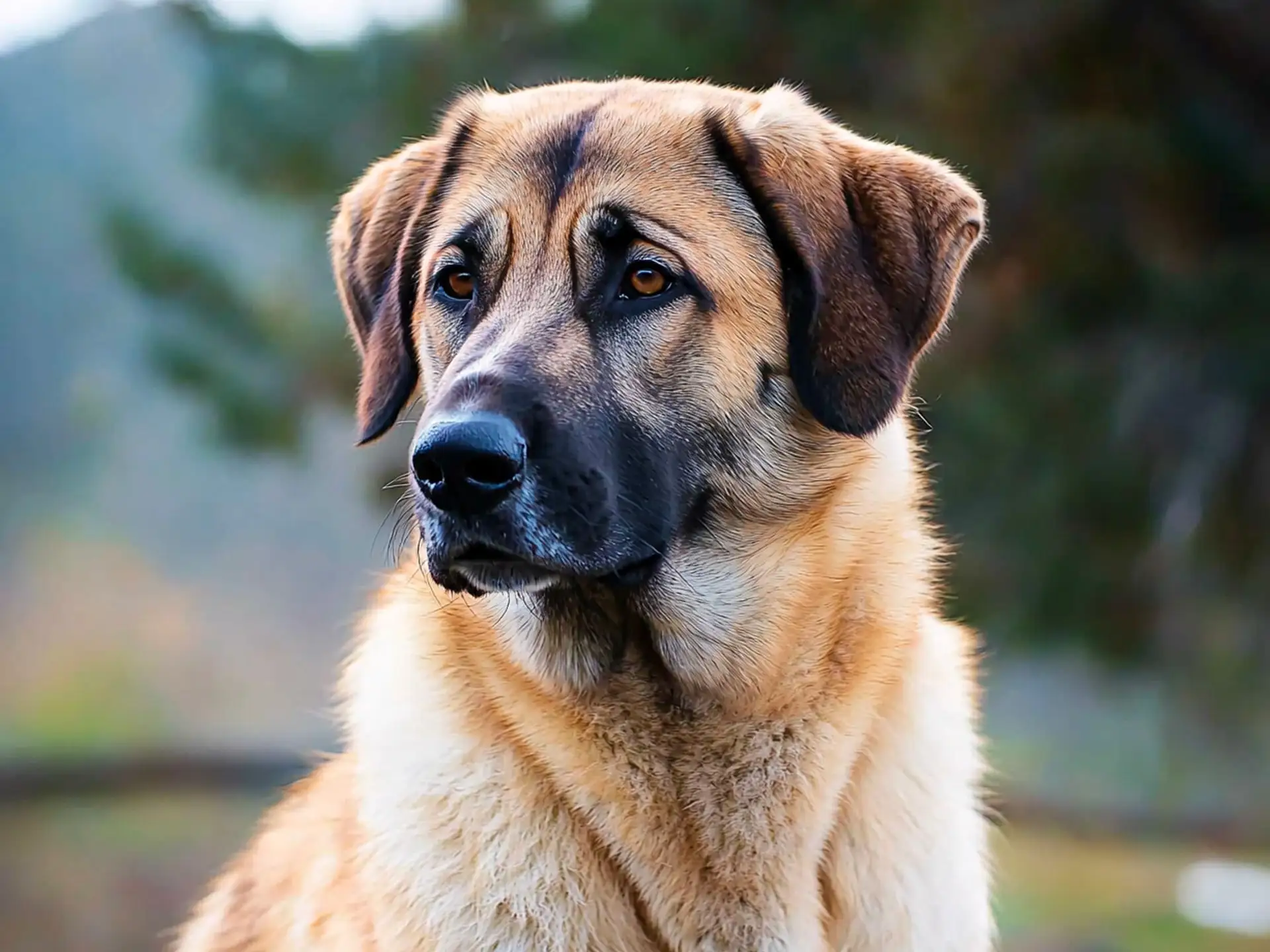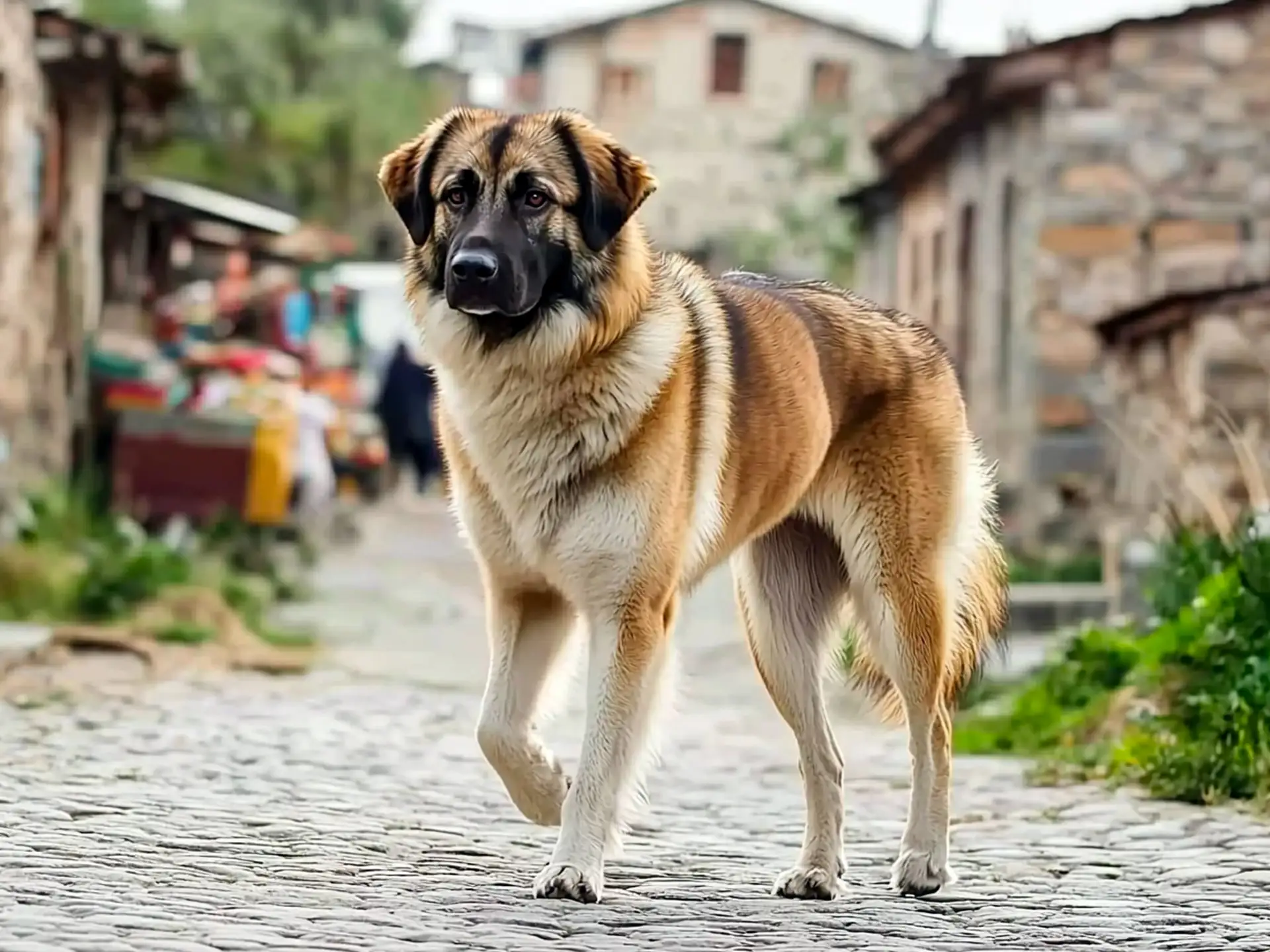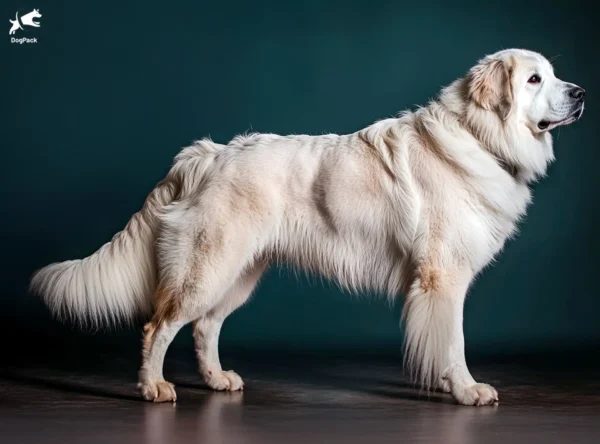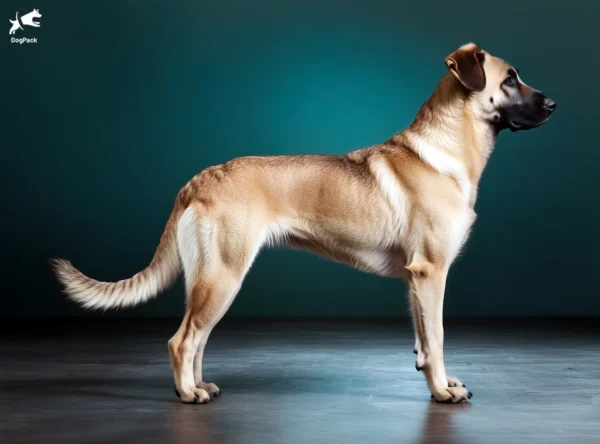Anatolian Shepherd Dog Breed Info & Overview
The Anatolian Shepherd is a powerful, intelligent breed with a history steeped in guardianship. Originating in Turkey, they were bred to protect livestock from formidable predators, using their strength and independence. Today, these loyal dogs continue to serve as protectors for families and property. With their fierce devotion and calm demeanor, the Anatolian Shepherd is a perfect match for those seeking a reliable, steadfast companion and guardian.
Characteristics
Pictures
Breed History
Dating back thousands of years, the Anatolian Shepherd hails from the rugged landscapes of Turkey. Bred as a livestock guardian, they protected flocks from formidable predators like wolves and bears. Their role was crucial for shepherds who relied on them to safeguard their livelihood.
These dogs adapted to harsh climates, developing thick coats to withstand extreme temperatures. Their independent nature stems from working autonomously, making critical decisions without human direction. This self-reliance is a defining trait of the breed.
In the 1970s, the Anatolian Shepherd was introduced to the United States, initially to assist in cheetah conservation efforts in Namibia. By guarding livestock, they reduced conflicts between farmers and predators, showcasing their value not just historically but also in modern conservation.
Temperament, Personality
Anatolian Shepherds are known for their unwavering loyalty and strong protective instincts. They form deep bonds with their families and are often gentle and affectionate with those they trust. However, they can be reserved or aloof with strangers, reflecting their guardian heritage.
With children, they can be patient companions, but their large size means interactions should be supervised. Early socialization is key to ensuring they understand their role within the family and behave appropriately around other pets and people.
Their independent streak means they’re not overly clingy. They appreciate their space but are always alert, keeping a watchful eye over their home. Their intelligence and dedication make them both reliable protectors and endearing companions.
Physical Characteristics
The Anatolian Shepherd is a large and formidable breed, boasting a muscular build that exudes strength. They have a thick double coat that comes in various colors, including fawn, white, and brindle, often with a black mask on the face.
Their ears are medium-sized and typically drop down, while their expressive eyes convey alertness and intelligence. The tail is long and often carried low with a slight curl. Their overall appearance is one of power and agility, suited to their role as guardians.
Despite their size, they possess surprising speed and endurance. This combination of physical traits enables them to effectively protect livestock over vast terrains and in challenging weather conditions.
Health Issues
Anatolian Shepherds are generally robust but can be prone to certain health issues. Hip dysplasia is a common concern due to their large size. Regular vet check-ups and maintaining a healthy weight can mitigate some risks associated with joint problems.
They may also be susceptible to hypothyroidism and certain eye conditions like entropion. Responsible breeders often screen for these issues, so acquiring your dog from a reputable source is essential.
Bloat, or gastric torsion, is another condition to be aware of. Feeding smaller, frequent meals and avoiding vigorous exercise after eating can help prevent this life-threatening issue.
Grooming Needs
While the Anatolian Shepherd’s coat is designed to be low-maintenance, they do shed heavily during seasonal changes. Weekly brushing will help manage loose hair and keep their coat healthy. During shedding seasons, daily brushing might be necessary.
Bathing is needed only occasionally, as over-washing can strip natural oils from their coat. Their ears should be checked regularly for signs of infection or buildup, given their floppy nature.
Don’t forget about dental hygiene—brushing their teeth several times a week can prevent dental diseases. Nail trimming should also be part of their routine to keep their paws healthy and comfortable.
Exercise Requirements
Anatolian Shepherds have moderate energy levels but require regular exercise to keep them physically and mentally stimulated. Daily walks combined with free play in a securely fenced area will suffice for most individuals.
They enjoy tasks that engage their minds, so consider incorporating training sessions or puzzle toys into their routine. Their guarding instincts mean they appreciate having a “job,” even if it’s just watching over the backyard.
However, they are not built for intense, high-energy activities like agility courses. Keeping their exercise balanced will ensure they remain content and well-behaved companions.
Training Tips
Training an Anatolian Shepherd requires patience and consistency. Their independent nature means they might not always be eager to please, so positive reinforcement is crucial. Harsh methods can backfire, leading to stubbornness or withdrawal.
Early socialization is essential to help them distinguish between friend and foe. Exposing them to various people, environments, and other animals will make them more adaptable and less wary in new situations.
Obedience training should start early, focusing on basic commands and leash manners. Given their size and strength, ensuring they respond well to commands is important for everyone’s safety.
Nutrition, Diet
Feeding an Anatolian Shepherd requires attention to quality and quantity. Due to their large size, they benefit from a diet formulated for large-breed dogs, which supports joint health and controlled growth. Protein-rich food helps maintain their muscle mass.
Portion control is vital to prevent obesity, which can exacerbate joint issues. Typically, an adult Anatolian Shepherd consumes between 4 to 6 cups of high-quality dry food daily, split into two meals.
Always provide fresh water, and consider consulting with a veterinarian to tailor a diet plan that meets your dog’s specific needs, especially during different life stages or activity levels.
Adoption, Breeders
If you’re considering adding an Anatolian Shepherd to your family, it’s crucial to seek out reputable breeders who prioritize health and temperament. The Anatolian Shepherd Dog Club of America is an excellent resource for finding certified breeders.
Adoption is another wonderful option. Organizations like National Anatolian Shepherd Rescue Network specialize in rehoming these dogs. They can match you with a dog that fits your lifestyle and experience level.
Avoid puppy mills or unscrupulous sellers. A responsible breeder or rescue group will provide health clearances and be open about any potential challenges with the breed.
Family Pet?
Anatolian Shepherds can make excellent family pets for the right household. Their loyalty and protective nature mean they’ll be devoted to safeguarding your family. However, their size and independent mindset require owners who are confident and experienced with large breeds.
They can be good with children, especially when raised together, but supervision is advised due to their size. Early socialization ensures they get along with other pets, but their guarding instincts may make them territorial.
Overall, they thrive in homes where they have space to roam and responsibilities to fulfill. Apartment living or homes without fenced yards may not be ideal for this breed.
Right For You?
Deciding if an Anatolian Shepherd is right for you depends on your lifestyle and experience. If you have a large, secure yard and appreciate a dog with strong protective instincts, they could be a great match. They’re best suited for owners who can provide firm but loving guidance.
First-time dog owners or those seeking a highly sociable, easy-to-train pet might find this breed challenging. Their independence and size require confidence and commitment from their human companions.
Ultimately, if you’re looking for a loyal guardian who’s both a working partner and a family companion, the Anatolian Shepherd might just be your perfect match.
Conclusion
The Anatolian Shepherd is a unique blend of independence, loyalty, and protective instinct. While they may not be the ideal choice for every household, those who appreciate their qualities will find a devoted and reliable companion. If you have the space, experience, and desire for a steadfast guardian, this breed could be the perfect addition to your family.
FAQs
-
Are Anatolian Shepherds good with other pets?
Anatolian Shepherds can coexist with other pets if properly socialized from a young age. However, their strong protective instincts may lead them to be territorial, so introductions should be managed carefully.
-
How much space does an Anatolian Shepherd need?
Due to their size and energy levels, Anatolian Shepherds thrive in homes with large, securely fenced yards where they can patrol and exercise freely.
-
Do Anatolian Shepherds bark a lot?
They are not excessive barkers but will vocalize to alert their owners of perceived threats or unfamiliar activities around their territory.
-
What climate is suitable for an Anatolian Shepherd?
Their thick double coat allows them to tolerate a wide range of temperatures, from hot to cold climates. However, they should always have access to shade and water in hot weather.
-
Is the Anatolian Shepherd a good first dog?
Generally, they are not recommended for first-time dog owners due to their independent nature and need for experienced handling and training.
Breed Ratings
The Anatolian Shepherd is intelligent but may be independently minded, requiring patient training methods.
They have a moderate playfulness level, enjoying interactive games but not overly exuberant.
Moderate energy that is satisfied with daily exercise and a job to do.
Seasonal heavy shedding requires regular grooming to manage.
Moderate prey drive; may chase smaller animals if not socialized.
Grooming is manageable but increases during shedding seasons.
Trainable with consistency and positive reinforcement, though can be stubborn.
Can tolerate being alone but prefers having a territory to watch over.
Not excessive barkers but will alert when necessary.
Minimal drooling compared to other large breeds.
Can be friendly with other dogs if socialized early.
Generally healthy with a few breed-specific health concerns.

